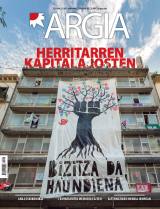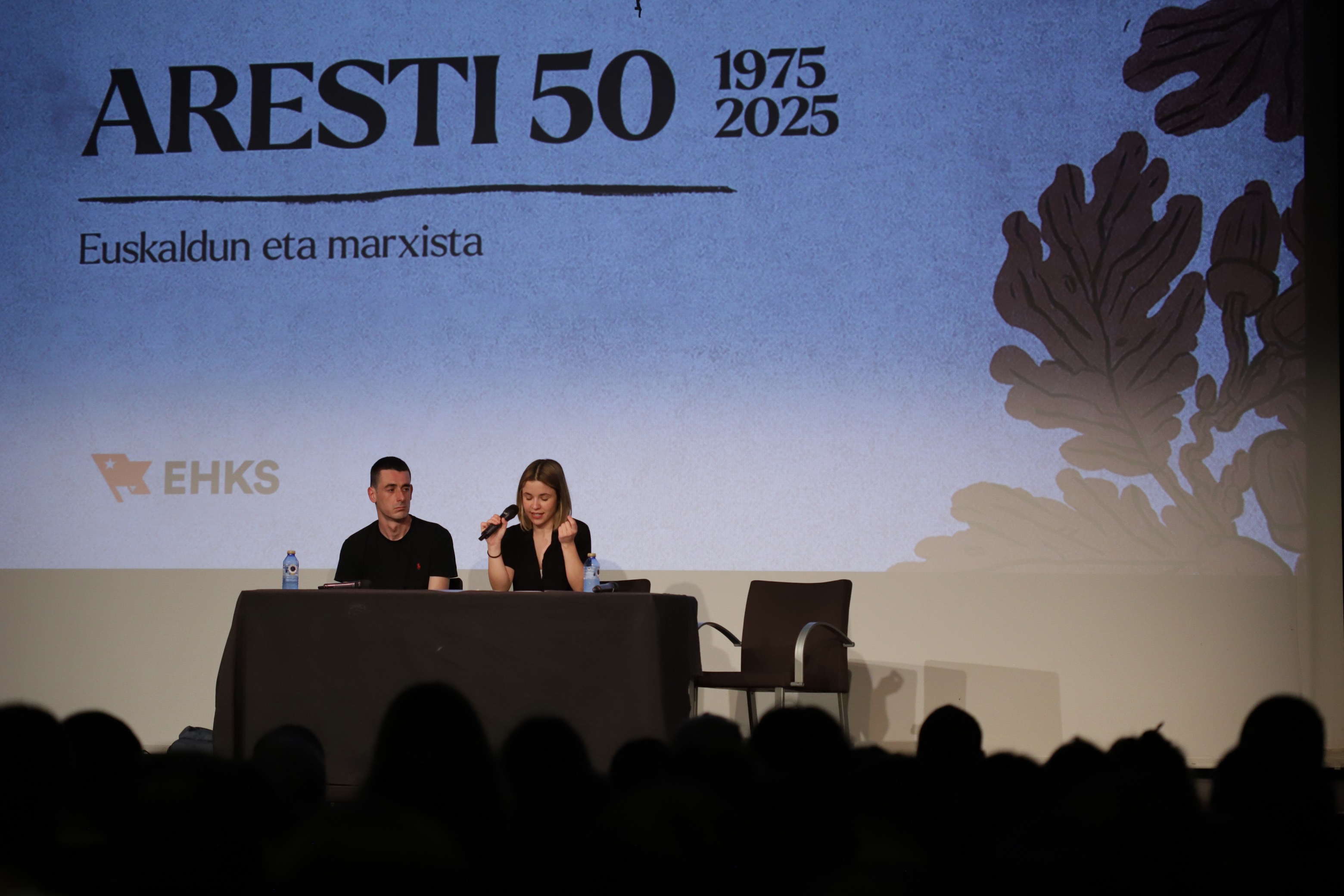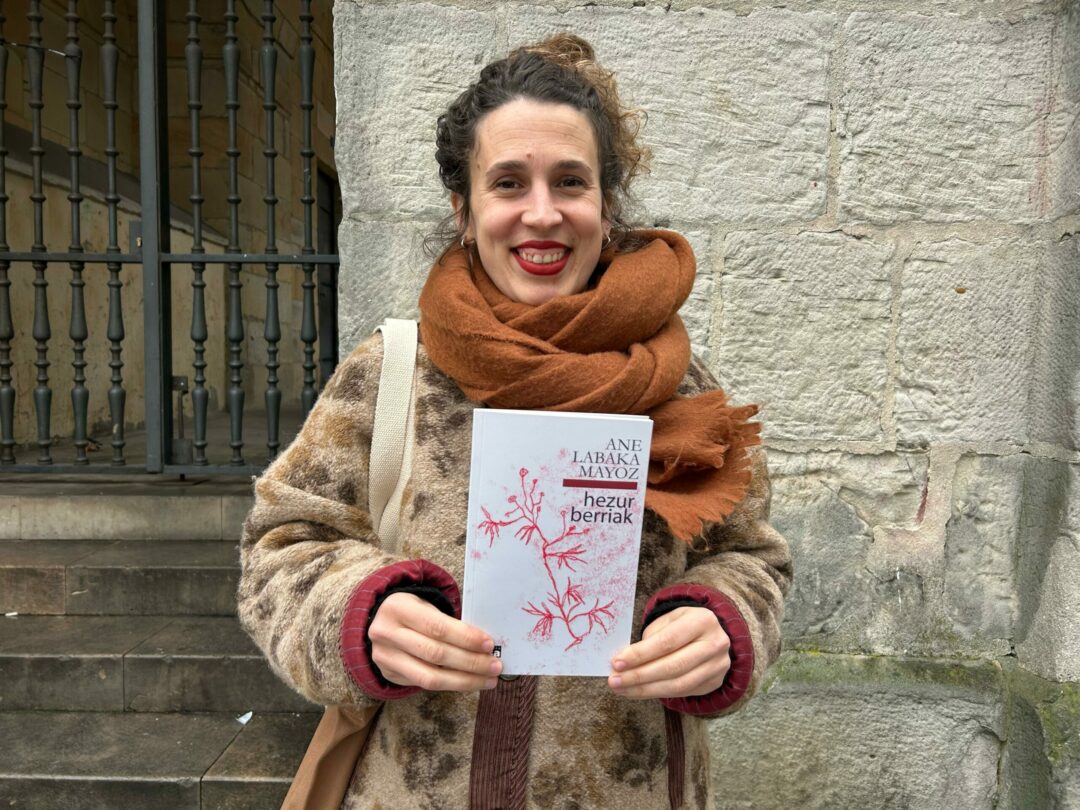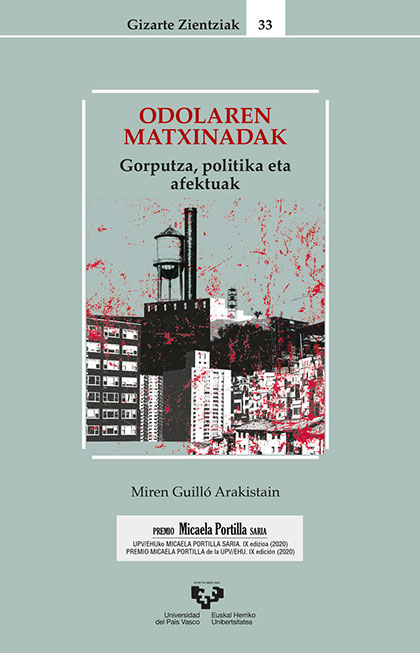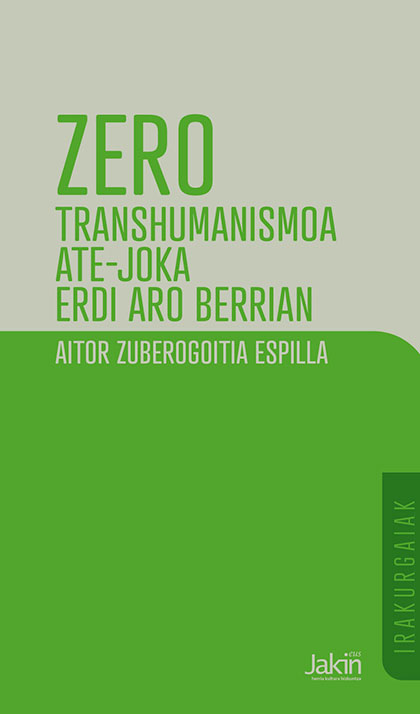Fantastic moment
- Malen Vilches, Josune Muñoz and Gema Lasarte met on 5 May at the House of the Basque Country of Oihaneder. This is the local chronicle.

Malen Vilches, Josune Muñoz and Gema Lasarte at the debate table. With them, Sareinak, member of the literary and feminist group and organizer of the event, and Gema Lasarte, member of the reading club of Vitoria-Gasteiz, have participated in it.
Feminist reading clubs have begun to talk about a time when they were not structured like today. Josune Muñoz, creator of the Skolastika that offers literary services, mentioned the famine of 30 years ago, when in Basque Philology the writers were not studied. Vilches recalled the collective forms of reading that were not called reading clubs, but had the same objective. Fear of flying, The golden notebook, Inhabited woman, Mrs. Dalloway, and others. In Spanish, it couldn't be otherwise. As today, the feminist movement had to learn, debates through books were a form of training. But this time, "It's a fantastic time, the King Kong Theory, Caliban and the Witch... We have them in Basque!” says Muñoz.
Gema Lasarte has been running the reading club of Vitoria-Gasteiz for four years. The club is a proposal to learn together, “the dialectic generates knowledge”. Lasarte attaches particular importance to the number of participants, that is, large teams run the risk of weakening the club’s work. In fact, reading groups are places to talk, debate, empower women. Bite your tongue until all participants speak. It is a work that favours the Basque writers, intercaling the young with the classical ones. Reading groups have defined them in three general objectives: to generate debate and bring the participants closer to literature and feminism. Lasarte missed two things. On the one hand, there is a shortage of young people in reading groups. There are many young people in the feminist movement and there are few in the reading groups. On the other hand, it is concerned not to keep what has been done: “Every time we comment on a book, we make a school, we don’t make such deep reflections at the university. We have to think about how to keep the knowledge of the moment or how to bring it to light.” Lasarte's reflection has sparked controversy about the current situation. One of the characteristics of the university is the hierarchy, and one of them is that it has no interest in the work of reading clubs. If you manage to bring value to the readers' groups, you may then wake up to interest. Another one has told the anecdote: the same books are programmed each year, often inappropriate for young, heavy people. One day a professor has programmed another book and has been successful. This book has been proposed by a teacher in another school and the reticence of his peers: “What is the book? Who has recommended that book?” Perhaps fear of what comes from the feminist movement?
A third party has questioned that the groups of readers who have emerged from the popular movement have to be related to academia, “the popular one has to remain popular, it is from the movement.”
Under the asphalt, the flower
Text: Monica Rodriguez
Illustrations: Rocío Araya translation
of: Itziar Ulcerati
A fin de cuentos, 2025
Ereserkiek, kanta-modalitate zehatz, eder eta arriskutsu horiek, komunitate bati zuzentzea izan ohi dute helburu. “Ene aberri eta sasoiko lagunok”, hasten da Sarrionandiaren poema ezaguna. Ereserki bat da, jakina: horra nori zuzentzen zaion tonu solemnean, handitxo... [+]
Perhaps we could say that this text is the result of an appraisal meeting. However, valuation meetings often leave a dry and bittersweet taste in the mouth. It's a sunny Tuesday afternoon. 16:53. We've connected to the valuation meeting, and we've decided to put a lemon candy in... [+]
Odolaren matxinadak. Gorputza, politika eta afektuak
Miren Guilló
EHU, 2024
Miren Guilló antropologoaren saiakera berria argitaratu du EHUk. Odolaren matxinada da izenburu... [+]
Astelehen honetan hasita, astebetez, Jon Miranderen obra izango dute aztergai: besteren artean, Mirande nor zen argitzeaz eta errepasatzeaz gain, bere figurarekin zer egin hausnartuko dute, polemikoak baitira bere hainbat adierazpen eta testu.
Zero. Transhumanismoa ate-joka erdi aro berrian
Aitor Zuberogoitia
Jakin, 2024
-----------------------------------------------------------
Hasieran saiakera filosofiko-soziologikoa espero nuen, baina ez da hori liburu honetan aurkitu dudan bakarra. Izan ere, biografia... [+]







